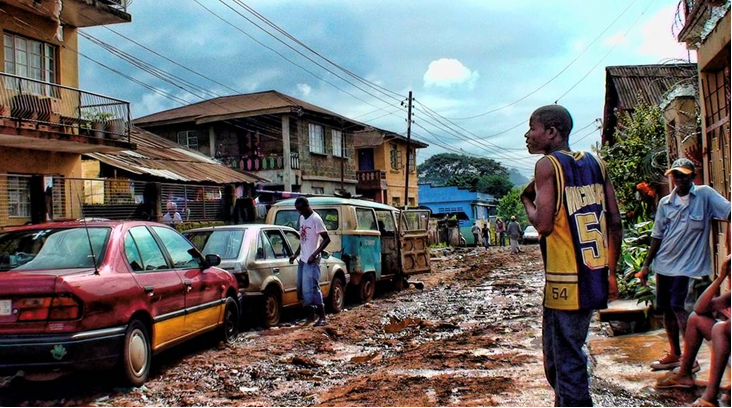Following the attack from Liberian soil to Ivory Coast that resulted in the deaths of seven peacekeepers from Niger working under the United Nations flag as well as a number of Ivorian civilians and military an update is in order. While my previous post explained the general situation, the targeting of UN peacekeepers requires some further explanation.
I got the news about the attack immediately from my supervisor in Sweden, who had learned about it from the Swedish television on the morning after it had been executed. During the day I must have asked around 50 people about their reactions and thoughts concerning the incident. Not one was aware that it had even taken place. Only on the second day information had begun to trickle down to Zwedru, mainly from the Ivory Coast. Continue reading
